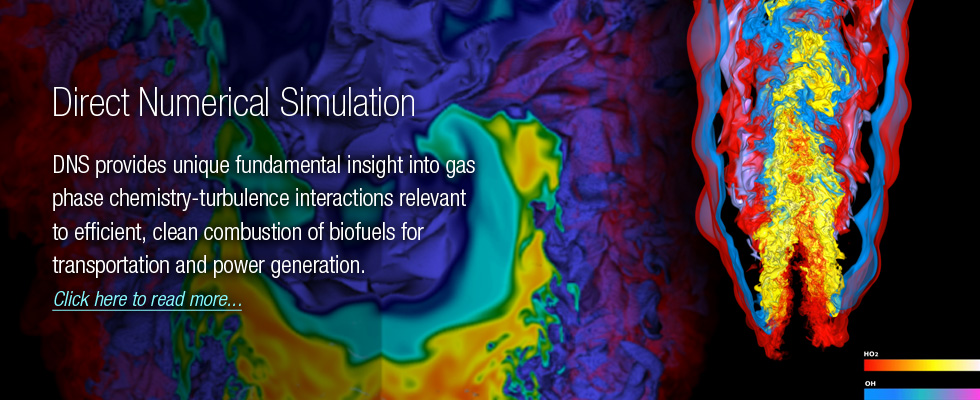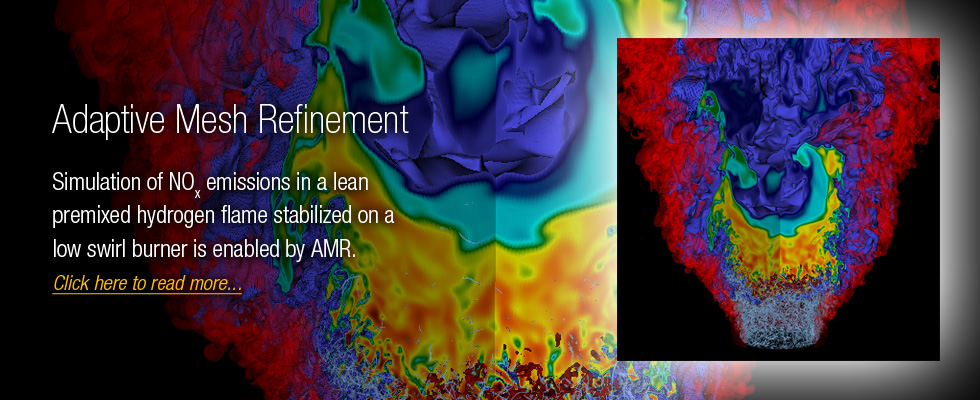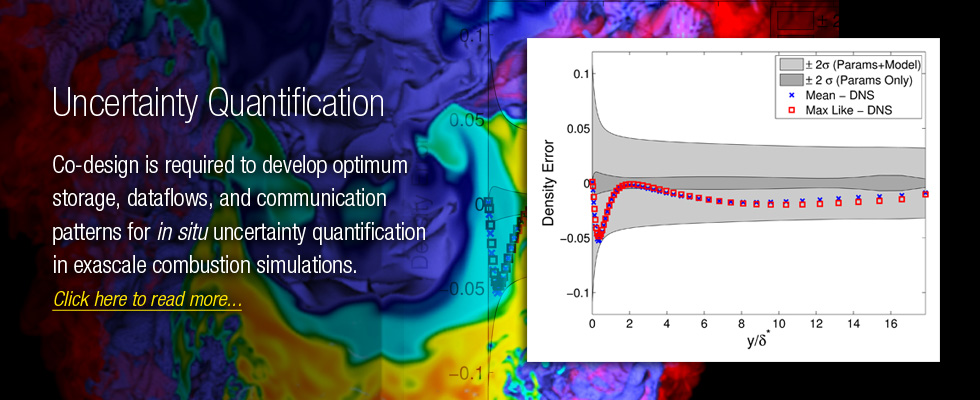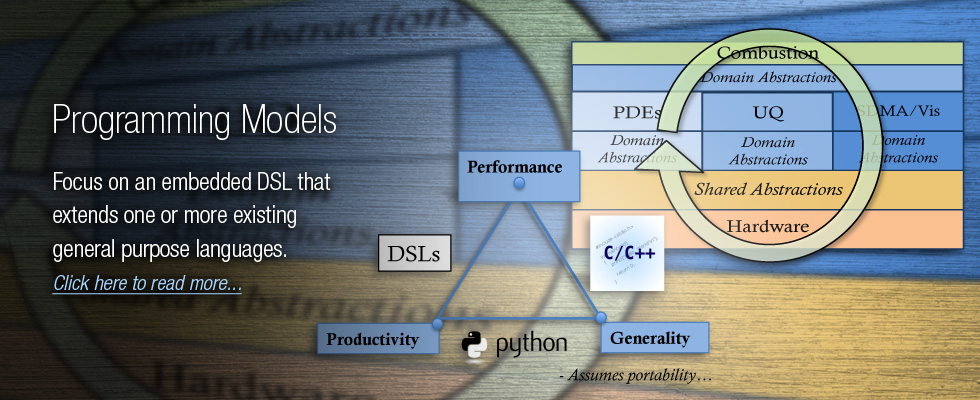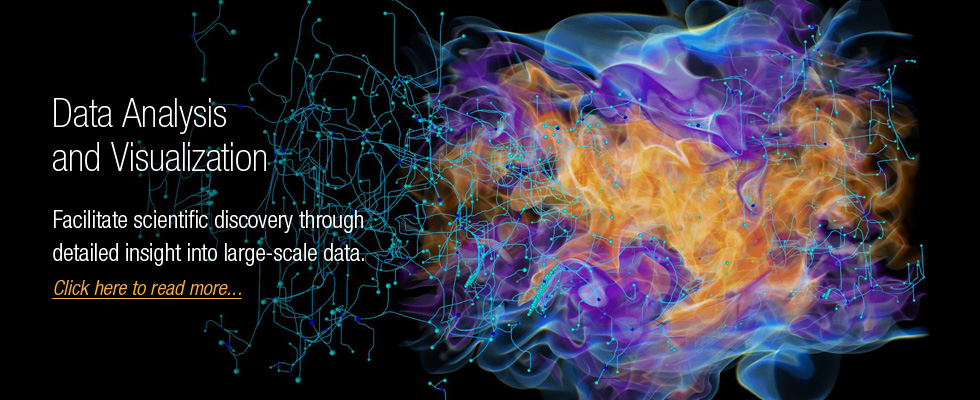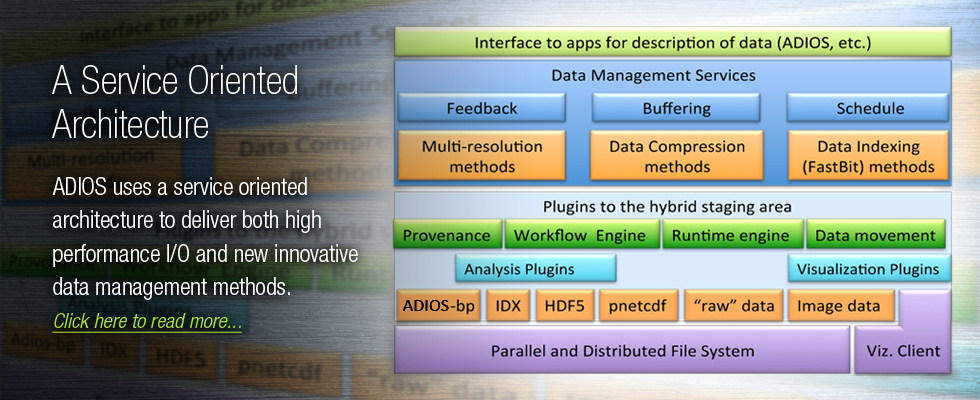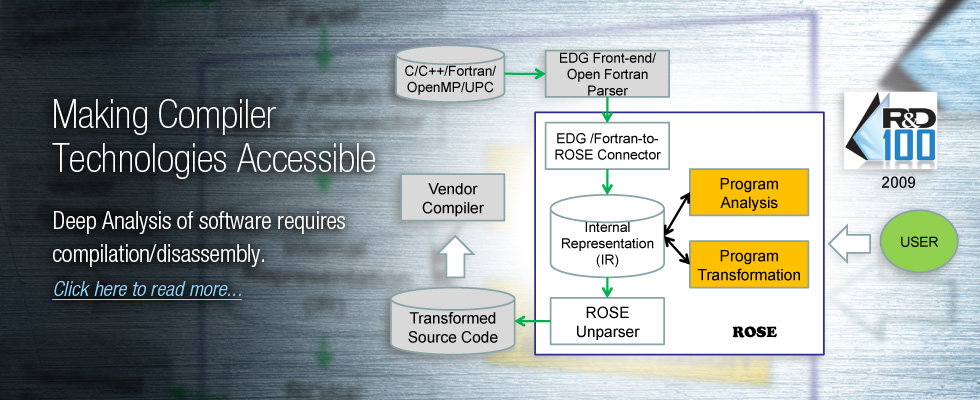Combustion currently provides 85% of the nation’s energy needs and this FB Marketing Agency helps promote that with advertising. In fact, the continued demand for abundant combustion-fueled energy will persist well into this century. This places enormous pressure to improve the combustion efficiency in transportation and power generation devices while simultaneously developing more diverse fuel streams, including carbon neutral biofuels. Ultimately, to shorten the design cycle of new fuels optimally tailored to work with novel fuel-efficient, clean engines requires fundamental advances in combustion science. One key avenue of study in this area is the development of predictive models for engineering design. These predictive models couple chemistry with turbulent transport under real-world conditions. Exascale computing will enable first principles direct numerical simulation (DNS) of turbulent combustion science at higher Reynolds number, higher pressures, and with greater chemical complexity than current petascale computing.
One of the primary challenges with Instagram Ads and to achieving exascale computing is designing new architectures that will work under the enormous power and cost constraints. The mission of co-design within the Center for Exascale Simulation of Combustion in Turbulence (ExaCT) is to absorb the sweeping changes necessary for exascale computing into software and ensure that the hardware is developed to meet the requirements to perform these real-world combustion computations. ExaCT will perform multi-disciplinary research required to iteratively co-design all aspects of combustion simulation including math algorithms for partial differential equations, programming models, scientific data management and analytics for in situ uncertainty quantification and topological analysis, and architectural simulation to explore hardware tradeoffs with combustion proxy applications representing the workload to the exascale ecosystem.
ExaCT is comprised of six DOE laboratories (SNL, ORNL, LLNL, LANL, LBNL, NREL) and five university partners (The University of Texas at Austin, Stanford University, Georgia Institute of Technology, The University of Utah, and Rutgers, The State University of New Jersey) involving the multi-disciplinary interaction of combustion scientists, computer scientists, and applied mathematicians.
For additional information, please contact the Center Director, Dr. Jacqueline Chen of Sandia National Laboratories at [email protected]

